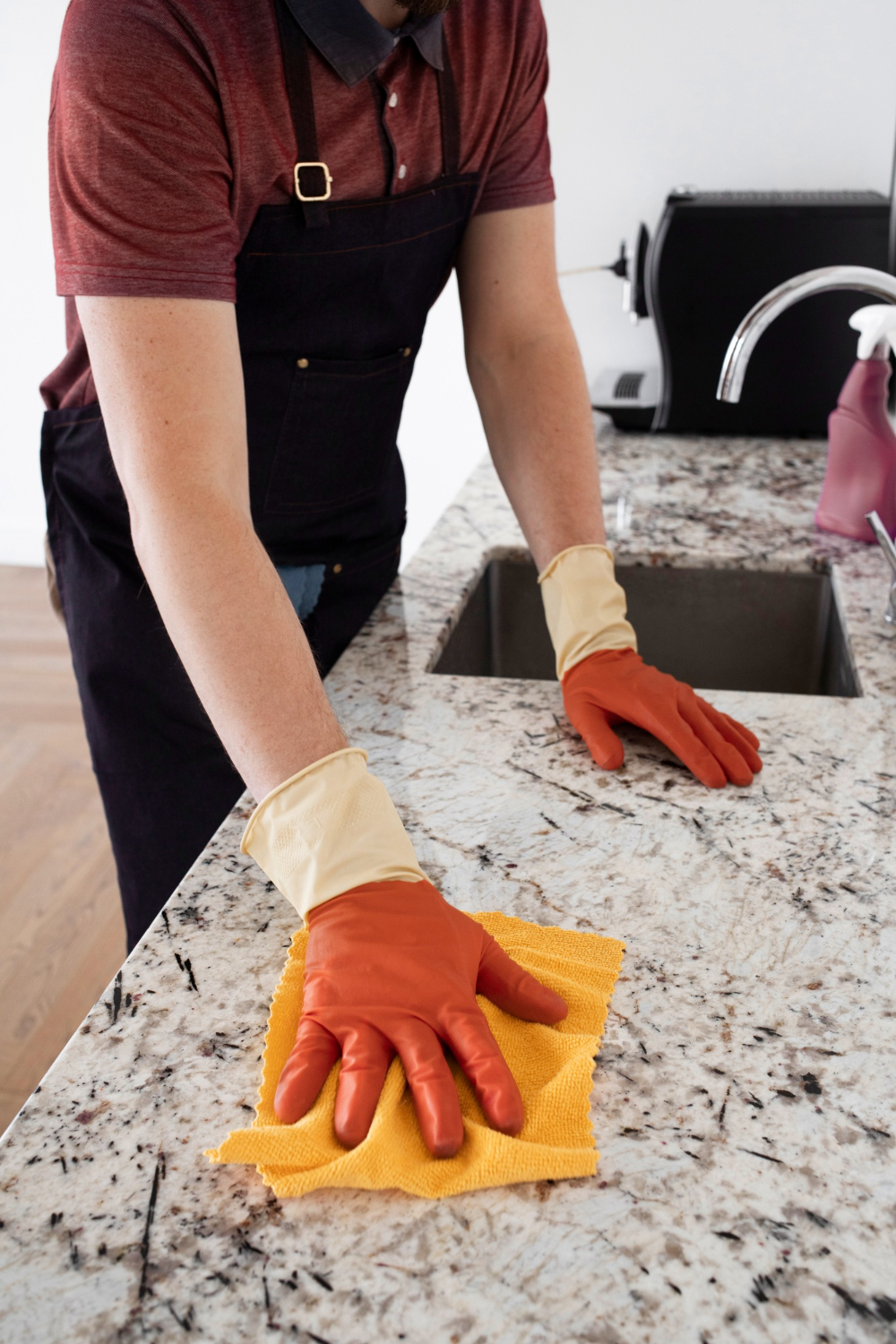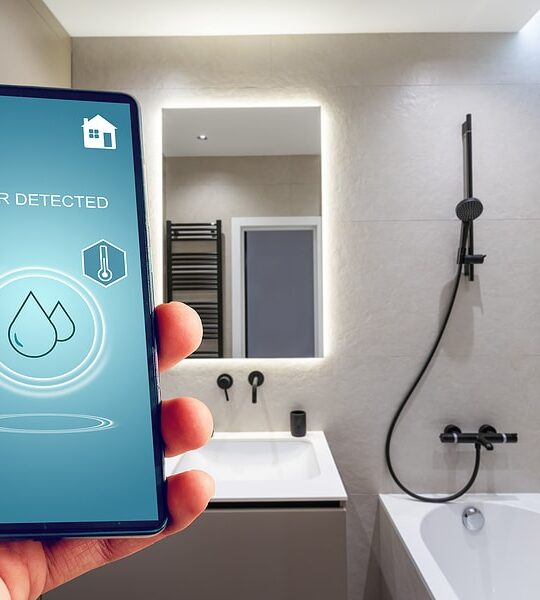 The right stone countertops add elegance and sophistication to any home. Proper care and cleaning help keep them looking new for years to come. Wipe countertops daily with a soft cloth or sponge dampened with gentle soap and warm water. Be sure to tackle any spills as soon as they occur to minimize the chances of staining.
The right stone countertops add elegance and sophistication to any home. Proper care and cleaning help keep them looking new for years to come. Wipe countertops daily with a soft cloth or sponge dampened with gentle soap and warm water. Be sure to tackle any spills as soon as they occur to minimize the chances of staining.
Table of Contents
Granite
Granite countertops are highly heat resistant, but exposure to direct heat can cause discoloration (especially in dark granites). Use a trivet or mat to protect the surface from hot pans. Additionally, avoid cutting raw meat or acidic fruits and vegetables on the countertop. Also, remember that granite is absorbent, so always use coasters for beverages. Water stains can be easily removed with a damp microfiber cloth. To remove oil stains, make a baking soda paste and apply to the stain. Then cover the area with plastic wrap and allow it to sit for 48 hours, then rinse and dry. If your counters are showing signs of wear and tear, it is likely time to reseal them. This can be done at home with a commercial product or by a professional.
Marble
Marble is a luxurious material that brings sophistication and elegance to a kitchen. But this porous stone can be vulnerable to stains and discoloration without the proper cleaning routine. A mild pH-neutral detergent and a soft washcloth or microfiber cloth are essential for daily cleaning. Avoid cleaners with a high concentration of citric acids, which can etch the surface and cause unsightly marks. If a marble surface is heavily stained, try sprinkling an absorbent powder on the stain—such as cornstarch, baking soda, or talcum powder. Then, gently scrub with a damp sponge and rinse thoroughly. You can also use a poultice, a liquid cleaner, or a chemical mixed with white, absorbent material. It’s essential to follow the directions on the label carefully.
Quartz
Quartz is a durable and attractive countertop choice for many households. However, it can be damaged when improperly cleaned and cared for. While daily wiping and attention to stains is enough for most households, quartz experts recommend that a deeper general cleaning occur at least once per month. This can be done with a spray of nonabrasive surface cleaner and a soft sponge. Most manufacturers recommend against using high pH cleaners on their kitchen countertops, as these can damage the sealed surface of the counters. Other abrasive scrubbers and pads are also not recommended, as these can scratch the countertop’s surface. A paste made from baking soda and water can work wonders on the counters for stubborn stains. It’s also a good idea to keep a plastic putty knife handy for tackling sticky messes.
Laminate
Laminate is an affordable countertop surface that scores high for heat, scratch, and chemical resistance. It is a good choice for kitchens that frequently prepare meals and bake. It’s essential to clean laminate countertops regularly. A daily wipe-down with a cloth and mild dish soap should be sufficient. Avoid abrasive pads or scouring powder, as these can scratch the surface. Additionally, avoid cleaning products containing acids, alkalis, or sodium hypochlorite, as they can damage and discolor the laminate. Use a product to touch up gouges or nicks in laminate counters quickly. This product was initially developed to fill in the seams of Formica counters, but it works just as well on other types of laminate countertops. Before using any new cleaner on your laminate, test it on a small area to ensure it doesn’t damage the material.
Wood
Wood countertops are a recent trend that is both sustainable and renewable. They also offer a warm and beautiful look to the kitchen. However, they require more care than other materials. Unlike other countertop surfaces, wood must be oiled to protect it from water and staining. Mineral and tung oils are affordable options that work well. They should be applied monthly. Wipe the counters with a microfiber cloth and a food-safe, pH-neutral cleaner. Avoid using chemical cleaners with degreasing agents, which will damage the surface. Always place a plastic mat under wet dishes to prevent standing water. Then, use a soft brush or sponge to scrub any stains or gunk. Wipe again with a dry cloth. This will keep the counters looking their best.







